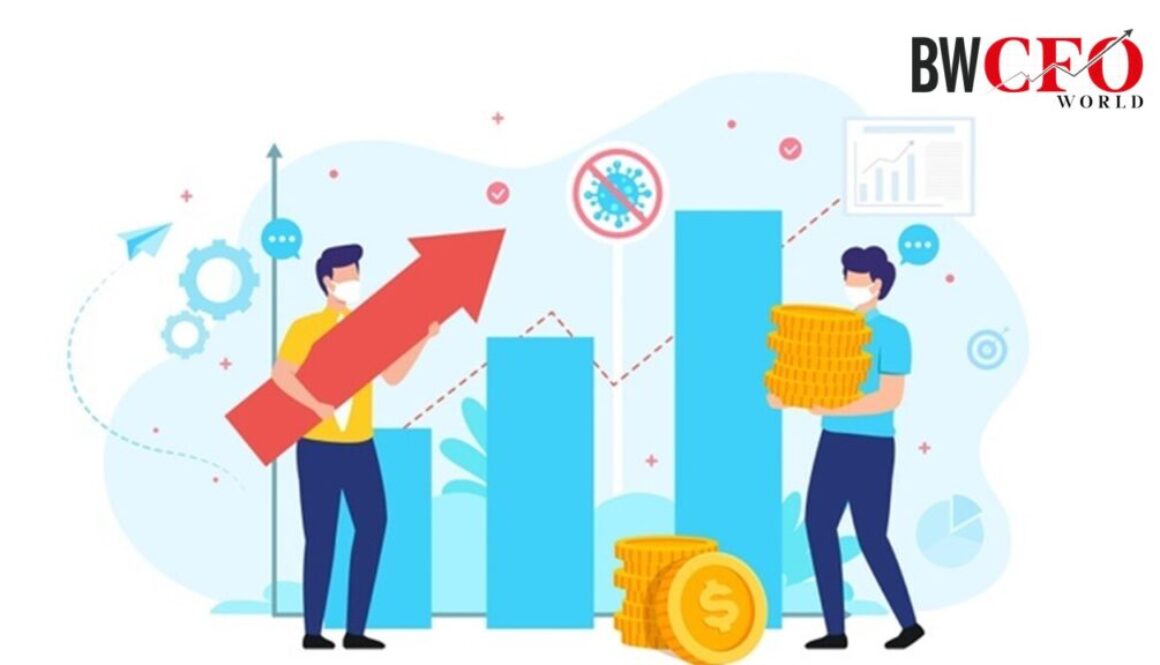India’s Growth Cycle Not Durable, Will Peak In First Half Of 2022: Nomura
It said the recovery has been uneven, hurting consumption of lower-income households, and a sustained capital expenditure upcycle is also not in sight.
The current growth cycle being witnessed in the country is not durable and will peak by the first half of 2022, a Japanese brokerage said on Friday.
Higher inflation and wider current account deficit, which are the side effects of the loose policies adopted to push growth during the pandemic, will come into play, forcing the RBI to act even as the ”scarring effects cast doubt on growth’s durability”, Nomura said in its yearly outlook.
It said the recovery has been uneven, hurting consumption of lower-income households, and a sustained capital expenditure upcycle is also not in sight.
”Overall, we do not see the current growth cycle as durable. With mixed growth, high inflation, and wider twin deficits, we expect India’s risk premium to rise and the RBI to catch up as it falls behind the curve,” its analysts said.
The brokerage said growth grew by 2 percentage points after the damage caused by the second wave of the COVID virus in mid-2021 but remains below the pre-pandemic trend. A further recovery has been hampered by supply-side bottlenecks, like the energy crunch and chip shortages, evidenced by the weak economic normalization in the December quarter, but production should bounce back once these are resolved.
”In our base case, India’s business cycle peaks in H1 2022 and then momentum starts to moderate in H2, reflecting cyclical factors and the impact of the scarring effects, which we believe have lowered the potential growth rate,” it said.
From an equity markets perspective, the brokerage said it is ”neutral” on Indian markets because of concerns over high valuations.
However, there are positives like a high earnings growth, a large liquid market, and a counterweight to North Asian markets, it said.
From a risks perspective, it said India is lagging behind the region on vaccination and flagged COVID, along with stretched government finances, which raises the risk of populism or higher taxes.
(PTI)

